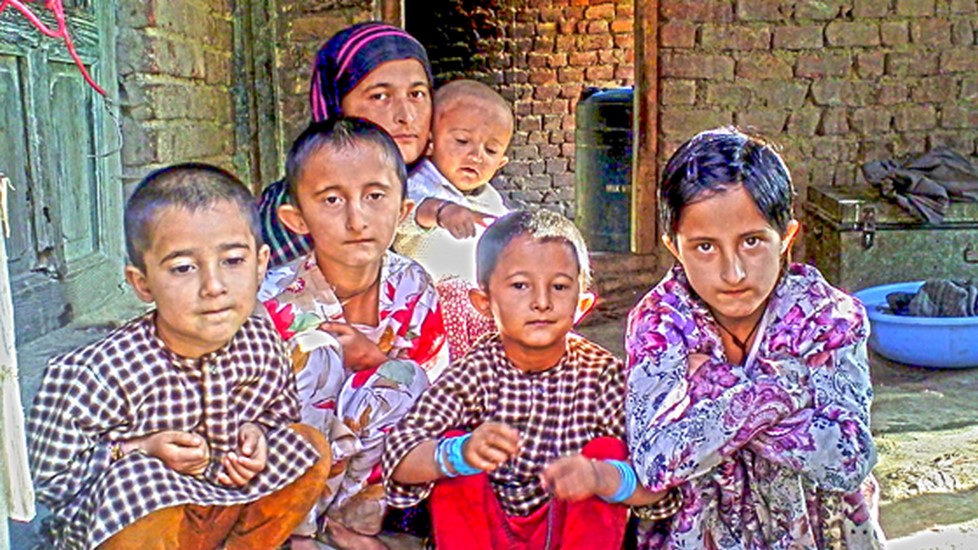Climate change is a significant concern in the region of Kashmir, as it has the potential to impact the area’s agriculture, water resources, and overall environment. The region is already facing challenges such as water scarcity and soil erosion, and climate change is expected to exacerbate these issues.
Agriculture is a major source of livelihood in the region, and changes in precipitation patterns and temperature increases are likely to negatively impact crop yields. Additionally, the region’s glaciers, which provide a critical source of water for irrigation and hydroelectric power, are melting at an alarming rate. Overall, it is important for the people of Kashmir to work together to address the impacts of climate change and implement sustainable practices to protect the region’s environment and economy.
The Climatic changes have led to crises and impacts life as well as natural resources. Due to this crisis, global warming is evident by experiencing untimely and unnatural weather conditions. This impacts the whole world and its impact can be seen in Jammu and Kashmir which was once considered a paradise on earth In Jammu and Kashmir, the temperature is rising at a higher rate in comparison to the world average. The temperature of the region has increased by 1.2 degree Celsius over the last century, higher than the global average of 0.8 to 0.9 degree Celsius. This sudden increase in temperature has impacted life in Kashmir in various aspects.











